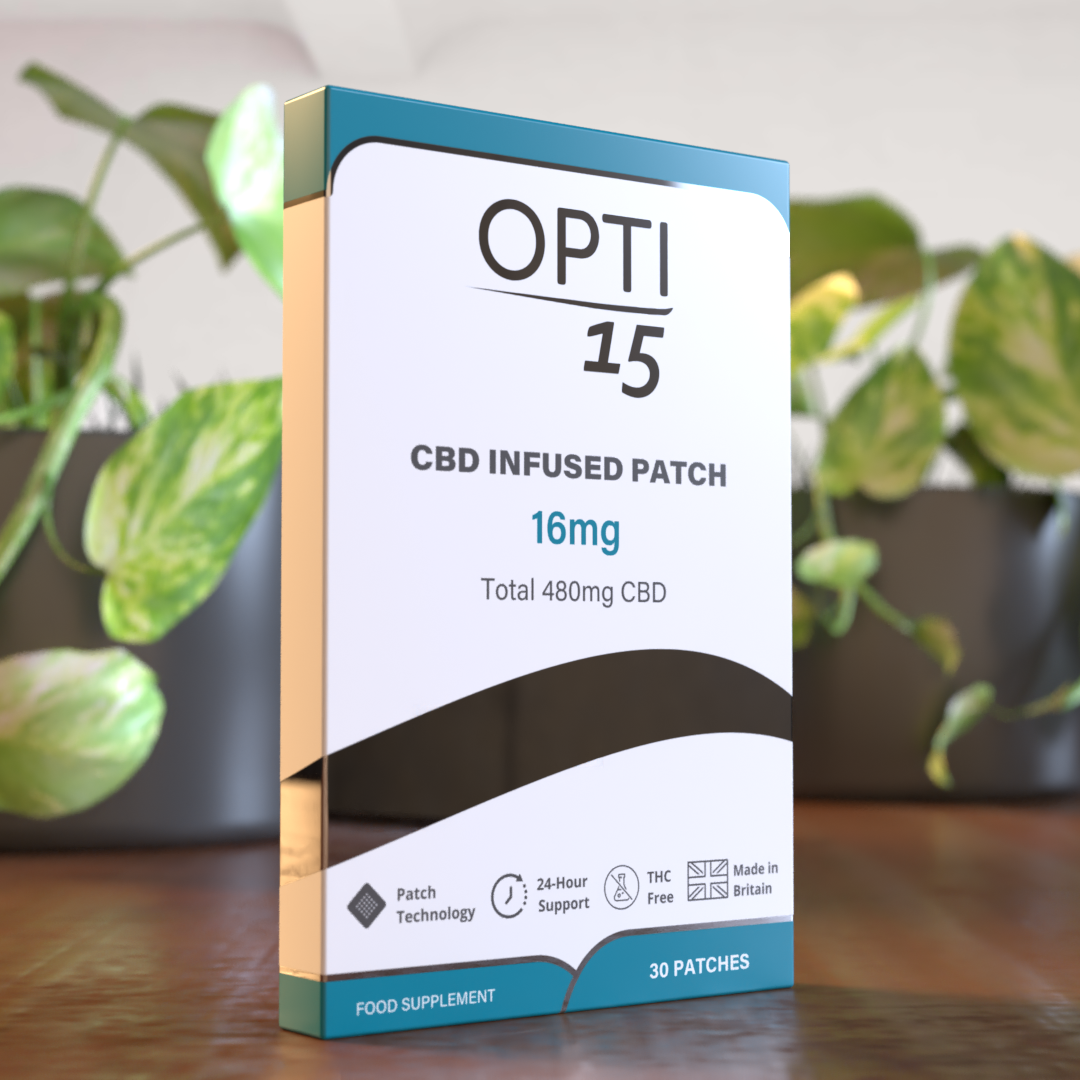Top 8 Supplements for Faster Muscle Recovery

The fundamentals of sports recovery can be viewed as a pyramid with adequate sleep, a healthy diet, and hydration. These components form the basis of adjusting to the demands of rigorous training. To get an advantage over their rivals, dedicated athletes frequently try to climb this figurative "athletic recovery pyramid" by using nutritional supplements as they improve their sleep hygiene, cook macro-friendly foods, and drink enough water. According to earlier research, depending on how one defines skilled athletes and supplementing, 40–100% of athletes have used vitamin supplements.
Knowing the potential of muscle recovery supplements can help you get better outcomes, regardless of your degree of experience at the gym or where you are in your fitness path. In this comprehensive guide, we explore the science underlying muscle recovery supplements, identify the best available products, and offer professional advice on how to get the most out of them.
10 supplements that help with faster muscle recovery:
1. Branched chain amino acids (BCAA):
BCAAS are a particular type of amino acid with branched side chains. Among these amino acids are leucine, isoleucine, and valine. According to studies, BCAAs are among the most frequently used supplements by trained athletes. Exercise breaks down these vital amino acids for energy, and supplements have been proposed as a substrate for anabolic (muscle-building) activities to extend energy sources and guard against tiredness and muscle injury. Eating foods high in leucine, such as salmon, poultry, cottage cheese, eggs, almonds, lentils, and beans, is another way to get BCAAs without using a supplement.
2. L-theanine (LTE):
LTE shares structural similarities with glutamate and is a non-proteinogenic amino acid. In addition to being a major ingredient in the Camellia Sinensis plant, which is used to manufacture green tea, it is also present in smaller amounts in red wine, apples, and mushrooms.
The benefits of for muscle recovery are:
-
may aid in mental healing by encouraging rest and a restoration to a state of non-arousal following physical activity.
-
reduces perceived anxiety and promotes mental health, which is important for avoiding burnout and maintaining intense training.
3. N-acetylcysteine (NAC)
The synthetic form of the naturally occurring amino acid L-cysteine is called NAC. The body uses L-cysteine and NAC as direct antioxidants and as building blocks for glutathione (GSH), another potent antioxidant that guards against excessive molecular damage.
4. Turmeric:
Curcuma longa, or turmeric, is a widely used medical herb that includes curcumin and other curcuminoids. Curcumin is linked to the prevention and treatment of chronic diseases, pain management, and anti-inflammatory properties. It has also been demonstrated to have antioxidant effects.
Its potential benefits are:
- Curcumin has strong anti-inflammatory properties. Since inflammation frequently accompanies muscle discomfort, turmeric's anti-inflammatory qualities may help lessen inflammation and ease pain.
- According to some research, taking turmeric may speed up muscle healing and shorten the time that delayed onset muscle soreness (DOMS) lasts.
5. Ashwagandha:
The adaptogenic herb ashwagandha, or Withania somnifera, is often used in Ayurvedic therapy. A few early studies have linked the supplement to improving muscle strength, endurance, and cardiorespiratory fitness while preventing chronic fatigue, weakness, nervous exhaustion, and premature aging. This has led to its popularity in the fitness world. It's unclear how exactly ashwagandha can help people recuperate physically, although it's thought to be at least partly because of its endocrine and antioxidant qualities.
Benefits include:
-
May lessen sense of muscular pain: Research has shown that taking Ashwagandha supplements can lessen the feeling of soreness in the muscles following physical activity. Its antioxidant qualities and its suspected capacity to be transformed into testosterone and DHEA are responsible for this effect on muscular pain; however, more research is required to clarify the precise process.
- May shorten recovery time: Studies revealed that participants' perceptions of their sports recovery experiences significantly improved after consuming ashwagandha supplements; however, there is little data to support this claim.
6. Whey protein:
Whey protein has high protein content and necessary amino acids such as leucine, which promotes muscle protein synthesis, making it a popular choice for muscle repair. According to studies, eating whey protein after working out may help lessen muscle damage and discomfort. It may even enhance muscular function and strength recovery.
Benefits include:
1. Enhanced Muscle Protein Synthesis:
Whey protein is essential for muscle growth and recovery because it gives the body the amino acids it needs to rebuild and repair muscle tissue following vigorous exercise.
2. Decreased Muscle Damage:
Taking whey protein supplements may help lower blood levels of creatine kinase and lactate dehydrogenase, which are indicators of muscle damage.
3. Better Muscle Function and Strength Recovery:
Studies suggest that whey protein intake may hasten the recovery of strength and muscle function following exercise, especially for those doing resistance training.
4. Reduced Inflammation:
The anti-inflammatory properties of whey protein may help lessen muscle pain and enhance general healing.

7. Glutamine:
Another powerful amino acid is glutamine. Your glutamine levels drop during high-volume or intensive training, which can affect immunity, gastrointestinal health, and recuperation. Glutamate supplements can improve the intestinal lining, which is essential for systemic recovery, encourage the replacement of glycogen, and lessen muscular discomfort.
The capacity of glutamine to improve muscle recovery is among its most important advantages for bodybuilders. Fatigue and muscle discomfort might result from intense exercise that depletes your body's glutamine stores. Glutamate supplements aid in restoring these levels, which lowers muscle breakdown and expedites recovery.
8. Hydration:
Electrolyte supplements are crucial for athletes engaged in endurance or high-intensity training. Dehydration, cramping, and poor performance can result from prolonged perspiration, which causes fluid and mineral loss. Electrolyte supplements, such as those containing salt, potassium, and magnesium, support neuromuscular function and hydration.
9. Recovery protein and carbs:
Protein, carbs, and electrolytes are combined in post-workout recovery blends to provide a comprehensive recovery profile. Restoring glycogen storage, lowering inflammation, and accelerating protein synthesis are all made possible by these formulae.
Benefits of using muscle recovery supplements:
There are several benefits of muscle recovery supplements:
1. Reducing muscle soreness:
Athletes and fitness enthusiasts alike might benefit from adding muscle recovery supplements to their regimens because of their numerous benefits. One of the key benefits is the decrease in muscular pain, which helps stick to a regular exercise routine. People can train more frequently and at higher intensities and get better overall performance and results by reducing soreness.
2. Muscle repair and growth:
Increased muscle growth and repair is another important advantages. Recovery supplements can improve the process of muscle protein synthesis by giving the body the nutrition it needs, like protein and amino acids. This promotes muscle hypertrophy, or the growth of larger muscles, in addition to aiding in the repair of injured parts. Greater strength improvements and enhanced athletic performance may result from this over time.
3. Increased motivation and results:
Supplements that promote muscle repair can help mental health, too. Less soreness and quicker recovery times will increase motivation and excitement for training. People are more inclined to stick with their fitness regimens when they feel better physically. Since it is essential to long-term adherence to fitness objectives, this psychological component of recovery should not be undervalued.
Conclusion:
To sum up, muscle recovery supplements are essential for improving performance and encouraging a speedier recovery following exercise. People can make well-informed decisions to support their fitness objectives by knowing the sorts of supplements available, the significance of recovery, and the essential ingredients to search for.
To maximize the advantages of muscle recovery supplements, one must prioritize a healthy diet, drinking enough water, and getting good sleep. Be careful when and how much you take because timing and dose are crucial elements that can greatly affect how well muscle recovery supplements work.
References:
https://pubmed.ncbi.nlm.nih.gov/29580114/
https://pubmed.ncbi.nlm.nih.gov/30463324/
https://pubmed.ncbi.nlm.nih.gov/30463324/
https://pmc.ncbi.nlm.nih.gov/articles/PMC10815430/
https://prlabs.com/blog/best-supplements-for-athletes-strength-recovery-and-endurance.html

